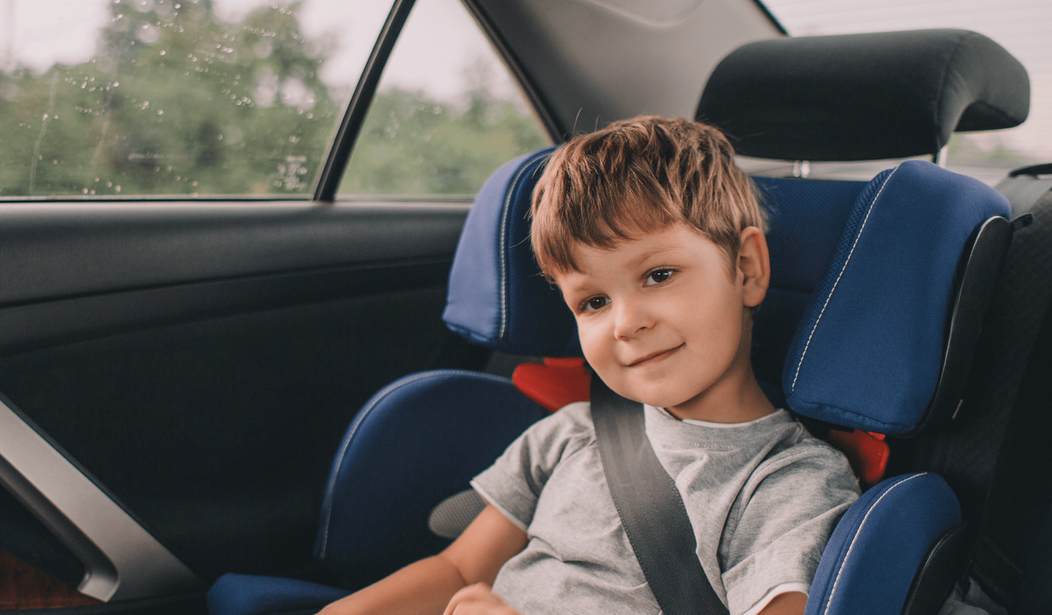Parenting presents a ripe environment for self-righteousness. We all like to believe ourselves just a bit better at providing for our kids than our neighbors are at providing for theirs. Whether the topic is vaccinations, nutrition, structuring time, or a dozen other areas, parents seem eager to stake out “the right way” and condemn any alternative.
Our own Susan L.M. Goldberg brings us one side of such a debate. She addresses free-range parents, declaring “I refuse to leave my kid alone in a locked car.” Her reasoning is sound, and my purpose in responding to her is not to argue that she ought to leave her kid in her car. Fundamentally, Susan proves correct when she observes that parents who leave their kids unattended “[gamble] with their own child’s security, relying on the law of averages to protect them from something that, thank God, isn’t average, but does occur.” The purpose in my response is to articulate why I, a father who loves his children, am perfectly comfortable with that gamble.
There is no such thing as absolute safety. Risk comes with every human activity. Even lying around doing nothing has consequences over time. As parents, we naturally want to do everything we can to mitigate any risk to our children. But we must understand that we cannot eliminate risk altogether.
I have no doubt that Susan understands this. She would likely suggest that leaving your kid in a car unattended presents a higher risk than bringing them with you on a brief errand. There again, she would be correct. The question becomes: is the increased risk significant enough to warrant a particular course of action?
Deciding such things always comes down to a subjective sense of value. Sure, you could go out and buy a $10,000,000 life insurance policy. Such protection has value. But if the required premiums represent a greater value to you than the protection does, the policy won’t be worth it to you. Similarly, if my kid falls asleep in the car, and I need to run into the store for a second, I have to weigh the marginal risk presented by leaving him unattended versus the certain value in letting him sleep.
How can I possibly compare the value of a nap to the value of my child’s life, you might ask? Because it’s not a strict value comparison. It’s weighted by probability. If I leave my kid in the car, he definitely gets the nap. If I take him in with me, and wake him, chances are I will have protected him from nothing. Anything could happen. But we don’t typically live our lives consistently assuming it will. We rely on the law of averages, as Susan notes. That’s perfectly rational and, I would argue, morally sound.
Again, this is not an attempt at self-righteousness from the free-range perspective. I can understand why Susan would decide to wake her son up and take him into the store. All I am saying is that I don’t feel guilty or somehow negligent for my decision to let him sleep. It’s a judgment call. So was strapping the kid inside a high-velocity missile to begin with. So was bringing him into the world.
And yes, if the worst were to happen, I would no doubt blame myself and be unconsoled by the logic I had utilized. But that’s always true. I might feel the same way about turning left at an intersection or leaving the house at five past two. Any decision which precedes tragedy will be second guessed. That’s not necessarily a proper motive for making those decisions.









Join the conversation as a VIP Member